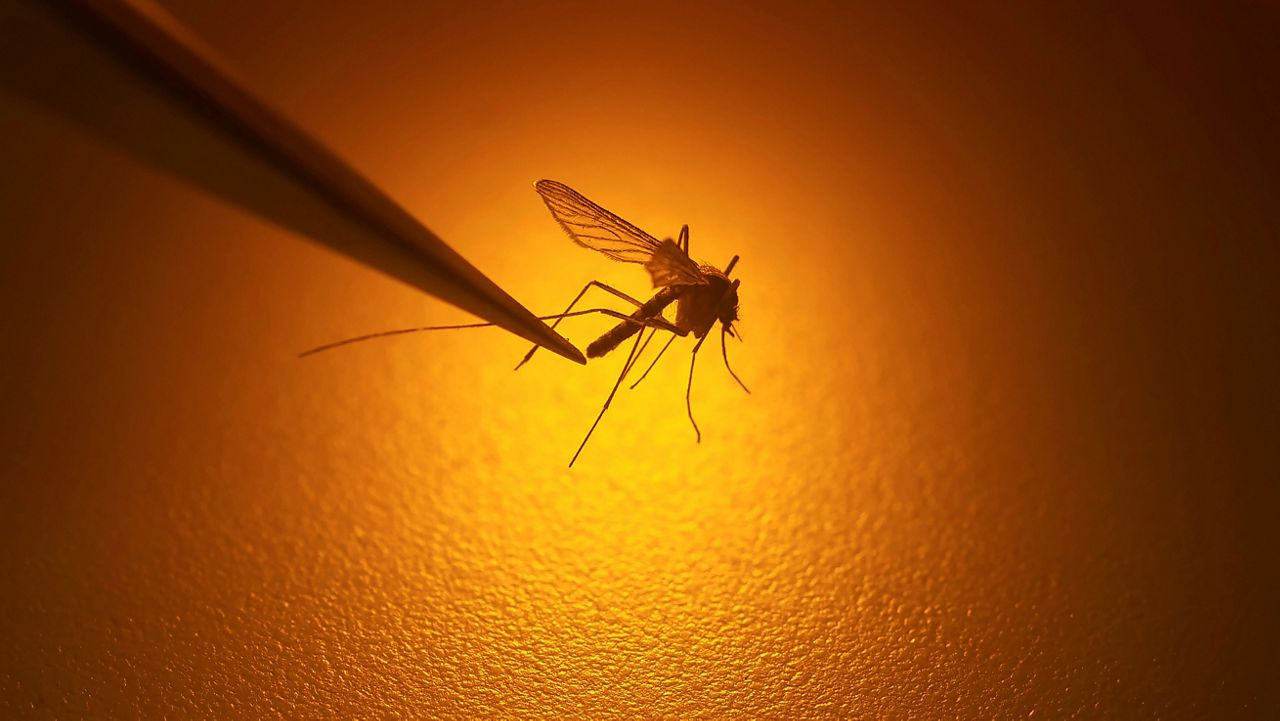LOS ANGELES (CNS) — Ten new mosquito samples have tested positive for West Nile virus in Los Angeles County, it was announced Friday.
The Greater Los Angeles County Vector Control District reported that the 10 positive samples — collected from Downey, downtown Los Angeles, Mission Hills, Norwalk, Woodland Hills and Valley Glen — bring this year's total to 19 cases within its service area.
Warm temperatures can increase virus activity and mosquito populations. There is no cure for the virus, which is transmitted to people and animals through the bite of an infected mosquito. About one in five people who become infected will exhibit symptoms, which can last from several days to months and include fever, headache, body aches, nausea or a skin rash, and one in 150 will require hospitalization. Severe symptoms include high fever, muscle weakness, neck stiffness, coma, paralysis and possibly death.
So far this year, 15 WNV human cases have been reported in California, one of which was identified by the Los Angeles County Department of Public Health.
GLACVCD encourage residents to take an active role in reducing the WNV threat in their neighborhoods by:
- eliminating standing water in clogged rain gutters, rain barrels, discarded tires, buckets, watering troughs or anything that holds water for more than a week;
- ensuring that swimming pools, spas, and ponds are properly maintained;
- changing the water in pet dishes, bird baths and other small containers weekly;
- requesting mosquitofish from the local vector control district for placement in ornamental ponds;
- wearing EPA-approved and CDC-recommended insect repellent when outdoors where mosquitoes may be present;
- reporting neglected (green) swimming pools to the vector control district; and
- sharing this information with others to decrease mosquito populations.
More recommended solutions and a list of resources can be found at tiptosstakeaction.org. Residents can contact the Greater Los Angeles County Vector Control District at 562-944-9656, online at glacvcd.org, or on social media: Facebook, Twitter and Instagram.



